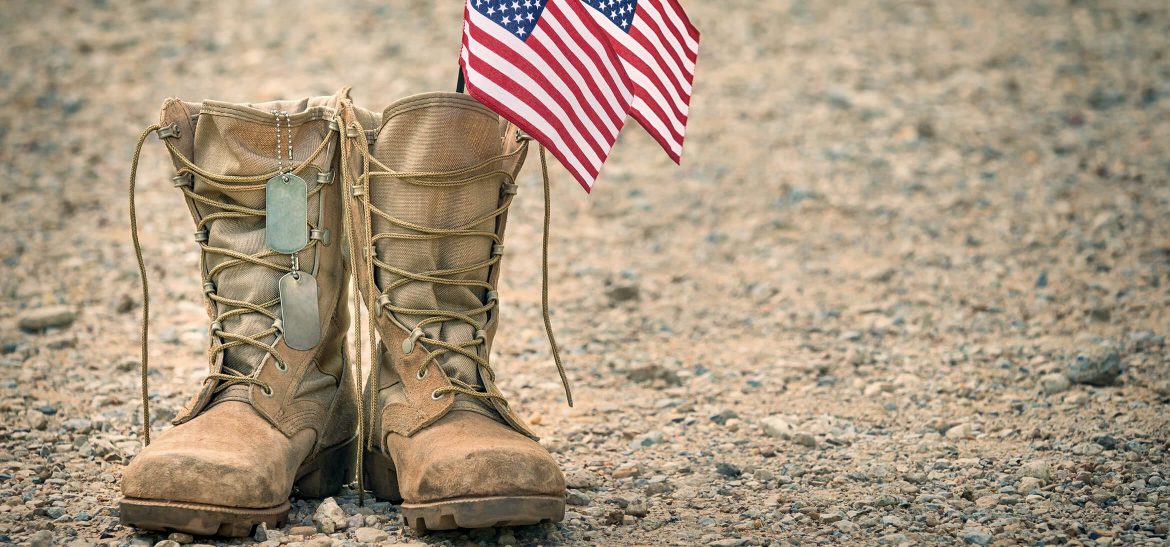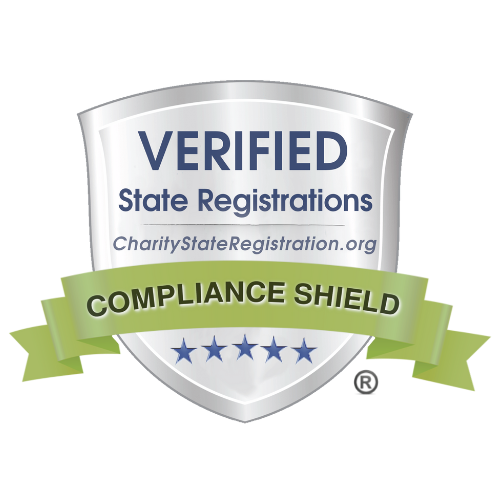IAVA | May 20, 2019
Read: Clay Hunt SAV Act Update: May 2019

It’s been over 4 years since the Clay Hunt SAV Act was signed into law by then-President Obama as veteran leaders and advocates stood shoulder to shoulder ushering in a new age of suicide prevention and mental health care. Since that time, IAVA has served as a watchdog to ensure the Clay Hunt SAV Act is being implemented and sharing that information with our members who were instrumental in the passage of this impactful piece of legislation.
The big takeaway is that almost all of the provisions under Clay Hunt have been enacted. And in the past 6 months, we’ve seen the payoffs from all these provisions including the final report on mental health services and the final report on the peer support specialist pilot program.
Mental Health Services Evaluation
Under Section 2 of the Clay Hunt SAV Act, the VA contracted with a third party provider to evaluate many of the mental health services delivered at VA including general mental health care and PTSD treatment. That final report was delivered to Congress at the end of last year and showed that overall mental health care at VA is a positive experience and helps veterans. Almost three-fourths of veterans in mental health care at VA that were surveyed used more than one service. Most services showed effectiveness in decreasing suicidal ideation, a general risk factor and indicator for suicide.
The report took a look at women veterans in particular, and found that women veterans participated in VA mental health programs at levels that are consistent with their overall representation in the military, a sign that they are appropriately represented in VA mental health services. And after 90 days of services, women veterans showed greater improvement in symptoms than their male veteran peers. Overall, that’s good news for women veterans.
Loan Repayment Program for Psychiatrists
The lagging provision of the Clay Hunt SAV Act has always been the loan repayment program for VA psychiatrists. Funding was a major hurdle for the past few years, but a recent update from VA shows that they are finally moving forward with this provision. VA has designated 10 pilot sites for this program and the regulatory issues that were also impacting deployment have been resolved. We look forward to seeing how this pilot program progresses in the next years and months.
However, it is important to note that since Clay Hunt was passed, there have been several other loan repayment programs piloted, most recently under the VA MISSION Act. Clay Hunt was a great starting place, and in some ways, it’s encouraging to see other programs follow suit as a way to incentivise mental health providers to stay in the VA — especially since mental health providers are desperately needed in VA to keep up with the demand. It’s still important to ensure the Clay Hunt provision is fully enacted and we will continue to press VA for full implementation, but it’s an encouraging note that other VA programs are following in the legacy of Clay Hunt.
Peer Support Specialist Pilot Program
Under Section 5 of the Clay Hunt SAV Act, the VA was mandated to create a peer support specialist pilot program targeting transitioning servicemembers and expanding community outreach. After 3 years, the final report was delivered to Congress late last year with finding on the success and challenges of the pilot programs.
Overall takeaway is that the program works, but hit major roadblocks due to lack of dedicated funding and staffing. Staffing issues impacted nearly all sites because dedicated funding was not available so staff for this program were selected from existing staff and removed them from other duties. The pilot program had 8 original sites and expanded to 14 rural sites with 2018 funding. However, three sites withdrew from the pilot for the reasons stated above, meaning 21 sites total piloted this program. And, of the $10 million in increased funding in March 2018, over $6 million was unable to be used in 4 months and was returned.
However, it’s not all bad news. As evaluation data showed that 1,867 outreach events were held reaching 71,771 individuals including 58,956 Veterans, 496 military service members on Active Duty, 9,150 serving in the Reserves, and 1,312 serving in the National Guard. And overall, sites felt that their community functions were very important to honor the memory and life of Clay Hunt.
Moving Forward
In the 4 years since the passage of Clay Hunt, VA and communities around the country have done so much to address the crisis of veteran suicide. However, we know that veteran suicide continues to be a crisis around the nation and mental health injuries continue to impact servicemembers at alarming rates. We must do better for every veteran and continue to improve the care and services available to all servicemembers and veterans for mental health care.
IAVA continues to lead on this fight and works to advance mental health care for all veterans. As such, we are proud to support the Commander John Scott Hannon Veterans Mental Health Care Improvement Act. This legislation will carry on the legacy of the SAV Act and redouble the national effort to combat veteran suicide by establishing innovative new suicide prevention initiatives, improving access to mental health care, and holding the VA accountable.





